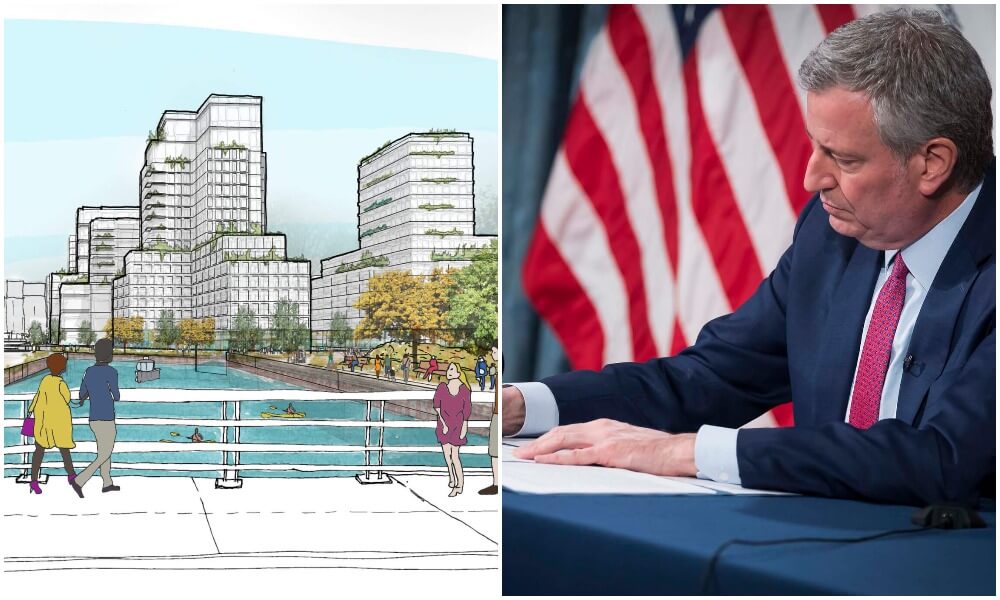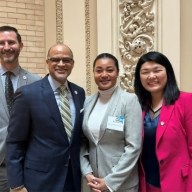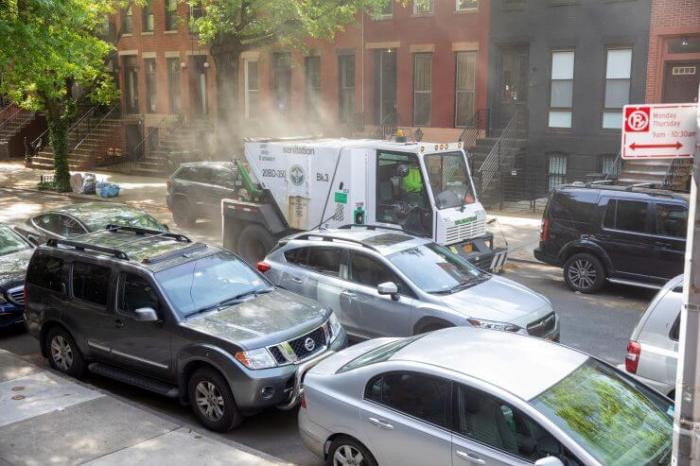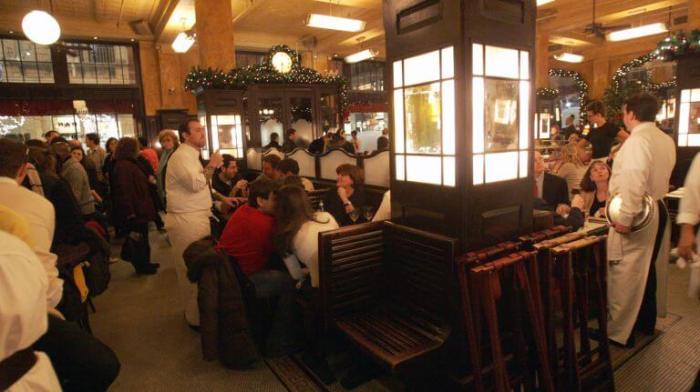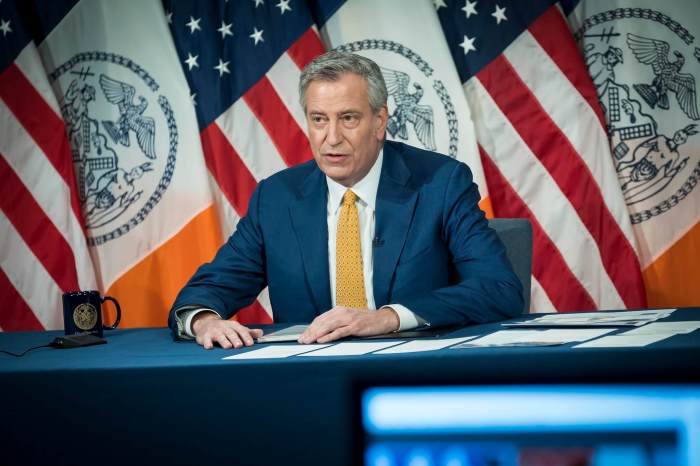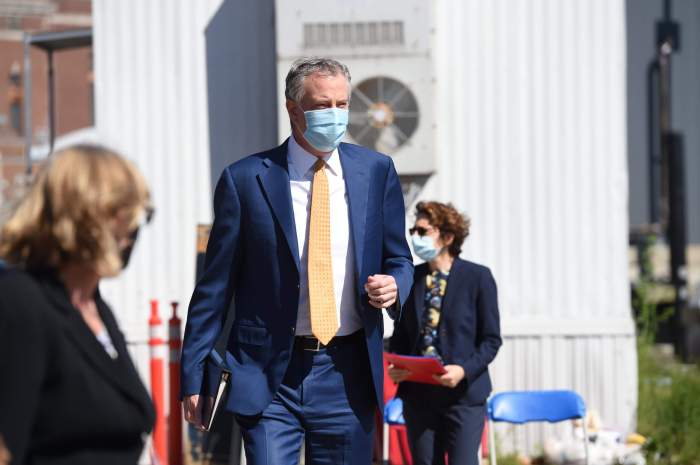A state court judge must toss the ongoing lawsuit holding up the Gowanus neighborhood rezoning following a mayoral executive order permitting virtual public land use hearings, lawyers for the city argued Wednesday.
Mayor Bill de Blasio signed a directive on March 13 explicitly allowing hearings for the city’s Uniform Land Use Review Procedure (ULURP) to be held remotely, aiming to clear up a months-long legal battle about whether officials needed to hold the gatherings in-person amid the pandemic.
“Virtual meetings held during the pandemic make sense, have increased participation among the public in the land use process, and are 100 percent justified under the mayor’s executive order,” said a spokesman for the city’s Law Department Nick Paolucci in a statement March 17.
Groups opposing the large-scale land use change that could bring some 8,200 new housing units to the low-slung nabe along the toxic canal previously argued that the city’s plans to hold ULURP hearings via Zoom was against the City Charter, which requires such meetings to be held at a “convenient place of public assembly,” in the district or somewhere centrally-located in the borough.
The proposal’s opponents, Voice of Gowanus and Friends and Residents of Greater Gowanus, sued the city on Jan. 15 and the court granted a temporary restraining order that day, blocking the scheduled Jan. 19 start date of the rezoning.
Critics of the lawsuit said the legal move was a cynical ploy to stall the project for long enough so the roughly seven-month ULURP wouldn’t conclude before the end of 2021, when a new mayor takes office and elections shake up the City Council, which has veto power in the review process.
Five of the six candidates looking to succeed incumbent local Councilmember Brad Lander have said they would oppose the current rezoning plan, Bklyner reported.
At the last virtual court hearing on Feb. 4, Brooklyn Supreme Court Judge Katherine Levine said she needed more time to determine whether the Department of City Planning — the agency proposing the rezoning — was doing enough to meet the “public assembly” requirements.
Gov. Andrew Cuomo previously issued an executive order allowing public hearings to go remote across the Empire State, but a lawyer for the rezoning’s opponents, Jason Zakai, argued that the gubernatorial edict didn’t go far enough to specify ULURP, which has the additional provision of “public assembly” other gatherings don’t require.
City lawyer Christopher King countered that Zakai was too narrowly interpreting the law, saying the Charter doesn’t spell out meetings have to be in-person.
De Blasio’s Saturday directive states that hearings related to ULURP may be held without meeting in-person, “to avoid continued disputes regarding whether such hearings and meetings may be held remotely,” the order reads.
A second aspect of the opponents’ lawsuit claimed that the agency failed to give locals proper notice about the land-use change’s start, however Judge Levine indicated at last month’s hearing that she believed the city did fulfill that requirement.
The city’s legal team called on Justice Levine in March 17 court filings to dismiss the case following de Blasio’s order, adding that the two-month legal battle was holding back public benefits the rezoning promises to bring to Gowanus.
“We’re urging the court to dismiss this case because there is no legal basis to support these claims,” Paolucci said. “This litigation is preventing community voices from being heard and is delaying the creation of jobs, housing, open spaces, and a number of other community amenities.”
In response, Zakai accused the mayor of trying to circumvent the judicial process with an emergency order one year into the pandemic and promised to respond to the city’s motion for dismissal.
“The Mayor’s latest Executive Order, issued one year into the pandemic and while the Voice of Gowanus Article 78 proceeding against the City has been pending in court for months, is an obvious and desperate attempt to bypass the judicial process,” the attorney said in an emailed statement Wednesday. “The Mayor’s action reflects his own awareness that the City’s plans for virtual public hearings are unlawful under New York City law. And the sheer absurdity of first attempting to impose new laws for the ULURP process via ‘Emergency’ Executive Order this far into the pandemic should not be lost on anyone. We will respond to the City’s motion as appropriate.”
Update (March 17 at 4:07 pm): This story has been updated to add comment from Voice of Gowanus’s lawyer Jason Zakai.


